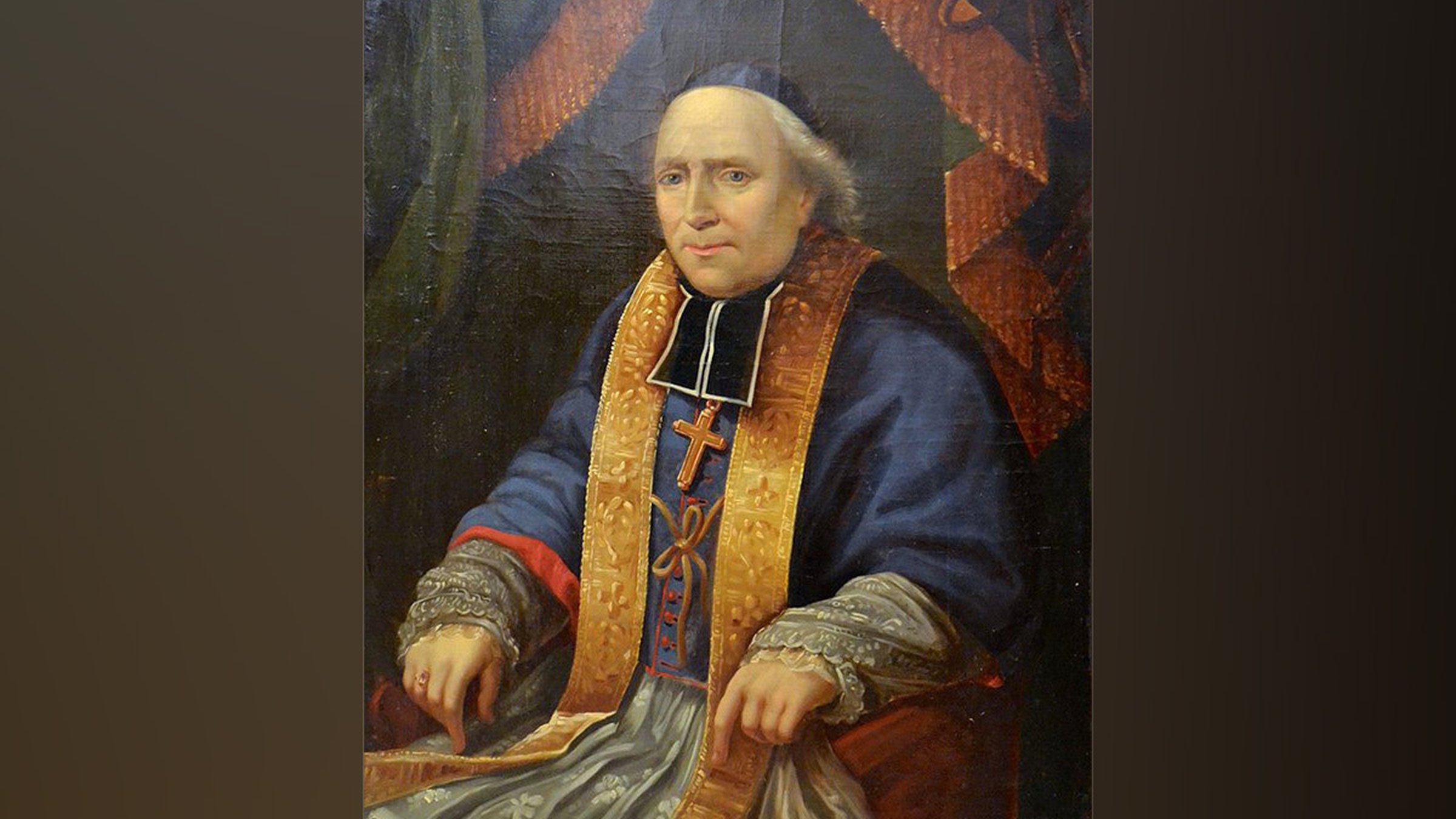Across a wooden table, a kindly prelate watches a disheveled convict with wild eyes scarfing hunks of wine-soaked bread. “Everything I have is yours,” Bishop Myriel tells Jean Valjean in the 1978 film adaptation of Victor Hugo’s Les Misérables.
Next morning, the bishop fulfills this promise. When gendarmes drag Valjean and his sack of stolen episcopal silver back over the bishop's doorstep, Myriel rejoices with the prodigal father’s joy: “We have been expecting you.” He corroborates Valjean’s story and dismisses the gendarmes. It is Myriel’s dogged insistence that Valjean add the silver candlesticks to his treasure and begin a new honest life that catalyzes conversion. The wild eyes fill with tears as Valjean asks poignantly, “Is it true: I’m free?”
One striking difference between Myriel and Valjean is their perception of what they possess. Valjean sees himself as a victim, robbed of everything, even his dignity; he can trust no one and possesses only what he can seize by his own cunning and strength. Myriel, by contrast, rests in the truth he speaks to Valjean: everything God has is Myriel’s. The bishop lives from his heavenly Father’s abundance — unafraid and free.
In the night, Valjean approaches Myriel’s bedside, examining by candlelight the frail face of the benefactor he has determined to rob. Myriel is only pretending to be asleep and well knows Valjean could kill him. Yet, as Valjean moves away and begins emptying the silver cabinet, Myriel’s eyes, now open and lifted to heaven, are lit with a curious confidence. He trusts equally God’s power to protect his physical life and to raise this spiritually dead child of His to life.
A similar confidence irradiated the actual 18th-century French bishop upon whom Hugo modeled Myriel. Last November, the French bishops set Bishop Charles-Bienvenu de Miollis (1753-1843) on the path to beatification. Over his 32 years of episcopal ministry, de Miollis earned the appellation “Bienvenu,” or “welcome,” because of his tender care for the poor. He lived in utmost simplicity and did in fact receive into his home a freed convict whom everyone else rejected.
During the French Revolution, he refused to take the anti-clerical oath required of him and spent 10 years in exile. As a bishop, his preaching was clear and forceful, in marked contrast to that of his contemporaries. When a government official demanded that he hand over the hundred ecus required to establish him as a baron, a political ploy to bring the Church under secular authority, he replied intrepidly, “I have never yet had at my disposal one hundred ecus that were not needed for the poor of my diocese.”
Bishop de Miollis died on June 27, 1843. That date might become his feast day, and it seems fitting it falls so close to July, the month of the Precious Blood. Christ’s Blood is an eloquent expression of the superabundance of God’s mercy. It is the source of every saint’s confidence. This month, let us renew our trust in God’s overflowing power to cleanse our souls and our loved ones’ souls from sin. Then, like the good bishop of Les Misérables, we will live in the “glorious freedom of the children of God” (Rom 8:21).
Sr. Maria Veritas Marks is a member of the Ann Arbor-based Dominican Sisters of Mary, Mother of the Eucharist.











